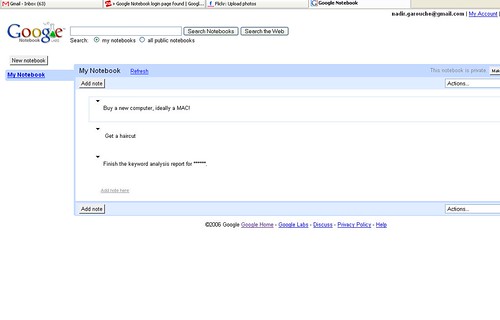Google is actively looking for sales people to fill out their recent vertical search positions in NYC. Verticals include Travel, Finance, Local, Healthcare, Entertainment and much more.
Of course, the jobs descriptions don’t give much information about these verticals but they give us an idea of what Google is willing to do. For example, many positions like this one – a position for a Travel Vertical Manager – remind us that Google wants to expand their “offline” offers:
- Develop client relationships with offline decision makers.
- Develop and pitch client proposals for offline opportunities.
- Sign up clients for offline initiatives.
- Represent industry-level performance and issues to Vertical Director & offline product teams.
- Drive best practice sharing across vertical to sell offline campaigns.
- Work closely with Vertical Industry Marketing Manager on effective packaging and research strategies to develop sales collateral.
- Train Direct Sales and Inside Sales Organization sellers on offline opportunities.
Tip of the hat: Brian Smith from Comparison Engines


